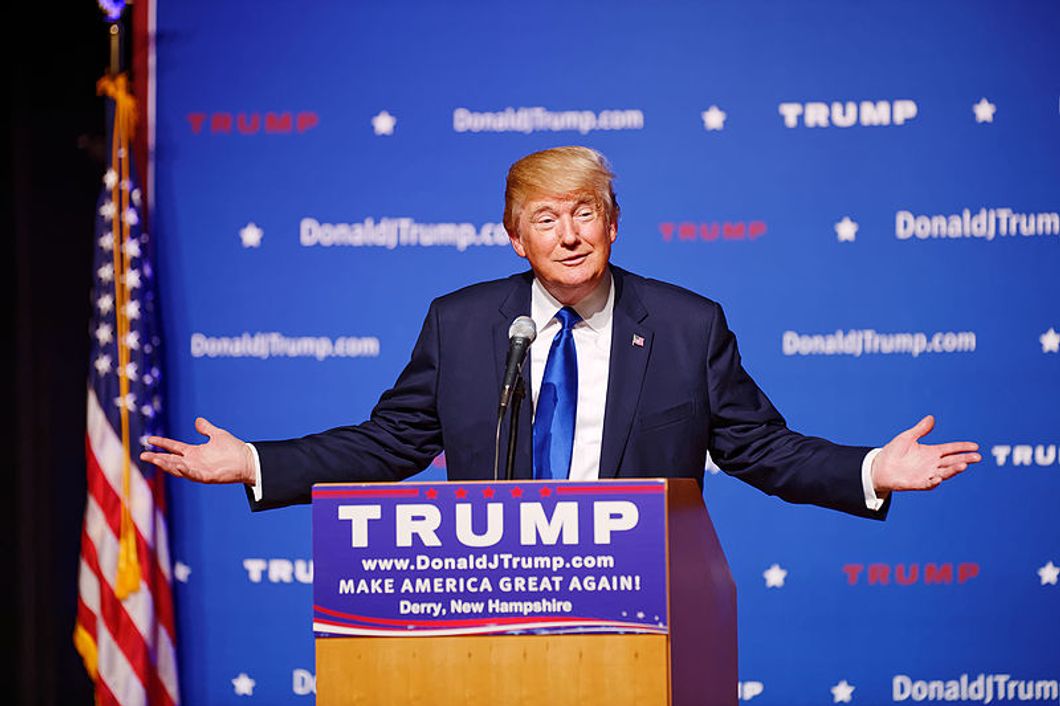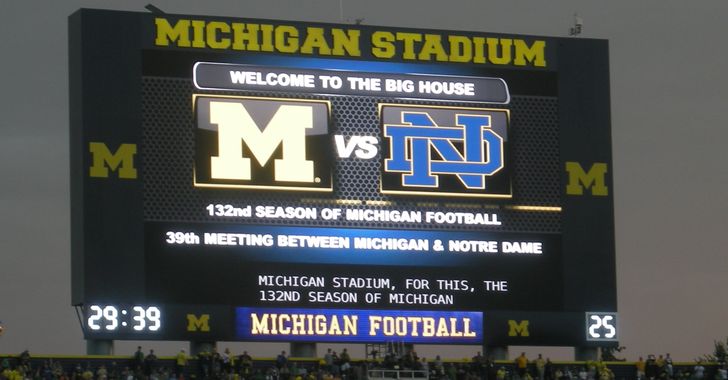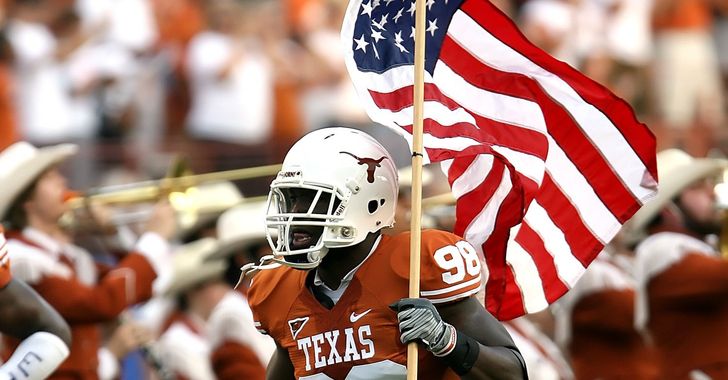In a ruling on Thursday morning, the majority of the Supreme Court concluded that President Donald Trump is not immune to grand jury subpoenas.
The New York District Attorney's office, acting on behalf of a grand jury, issued a subpoena to Donald Trump for his financial records, including eight years of his tax returns. The subpoena was issued in connection with the investigation into payments made by the President to Stormy Daniels and Karen McDougal, who Trump allegedly had affairs with before he took office.
The President attempted to block the subpoena, with his attorneys arguing that he had absolute immunity from all criminal investigations while in office. The Department of Justice instead argued in Trump v. Vance (2020) that the President does not have absolute immunity, but that if prosecutors wish to subpoena the President's information they must meet a high standard in court that proves they need to do so. The Court rejected that argument.
Trump-appointed Justices Neil Gorsuch and Brett Kavanaugh joined Chief Justice John Roberts and the liberal justices in the decision which held the decision of the United States Court of Appeals for the Second Circuit that "Article II and the Supremacy Clause do not categorically preclude, or require a heightened standard for, the issuance of a state criminal subpoena to a sitting president." This is a major victory for the New York District Attorney's Office and for other prosecutors attempting to subpoena the president's information.
In another decision, the Supreme Court ruled that Congress cannot get Trump's financial records — for now.
In the 7-2 decision in Trump v. Mazars (2020), the Court sent the case back down to the lower courts and orders them to take "adequate account of the significant separation of powers concerns" implied in the Congressional subpoenas. The case involved separate subpoenas issued by three different Congressional committees, The Committee on Oversight and Reform, The Committee on Financial Services, and the House Permanent Select Committee on Intelligence, each with their own legislative reasoning. The subpoenas were issued to three different financial institutions that each have access to Trump's financial records, his accounting firm Mazars USA LLC, Deutsche Bank, and Capital One. The D.C. Circuit and the Second Circuit courts both ruled in the House Democrats favor, and this case goes back to them to decide if Congress can legally subpoena the financial records without causing an imbalance in power between the branches of government.
It is likely that Trump's attorneys will raise new concerns and draw out this litigation.
Although Trump v. Vance (2020) was ruled in favor of the New York District Attorney, Cyrus Vance, that does not mean that the public or the DA will see Trump's tax returns soon. Trump's legal team is going to raise new Constitutional concerns in an attempt to bar the release of the documents. If the records are released to the DA, the public will not see them. Any documents subpoenaed in grand jury investigations must be kept secret by law.
The President has continuously refused to release his tax returns to the public, prompting widespread speculation about what is contained in them. The only window the public has gotten into Trump's financial records came as the result of a Pulitzer-Prize winning New York Times investigation that delved into Fred Trump Sr.'s, Donald Trump's father, tax returns. It was recently revealed that those tax returns and family financial records were supplied by Donald Trump's niece, Mary Trump.
It may be a long time before we see any of Donald Trump's personal tax returns if his legal team can keep stalling the judicial process.









 Photo by
Photo by 









































